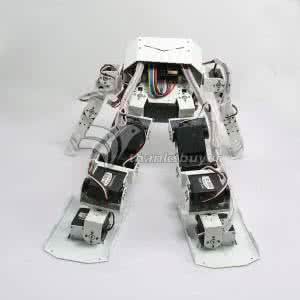Achieving both target accuracy and robustness in dynamic maneuvers with long flight phases, such as high or long jumps, has been a significant challenge for legged robots. To address this challenge, we propose a novel learning-based control approach consisting of model learning and model predictive control (MPC) utilizing a variable-frequency scheme. Compared to existing MPC techniques, we learn a model directly from experiments, accounting not only for leg dynamics but also for modeling errors and unknown dynamics mismatch in hardware and during contact. Additionally, learning the model with variable-frequency allows us to cover the entire flight phase and final jumping target, enhancing the prediction accuracy of the jumping trajectory. Using the learned model, we also design variable-frequency to effectively leverage different jumping phases and track the target accurately. In a total of 92 jumps on Unitree A1 robot hardware, we verify that our approach outperforms other MPCs using fixed frequency or nominal model, reducing the jumping distance error 2 to 8 times. We also achieve jumping distance errors of less than 3 percent during continuous jumping on uneven terrain with randomly placed perturbations of random heights (up to 4 cm or 27 percent the robot standing height). Our approach obtains distance errors of 1 to 2 cm on 34 single and continuous jumps with different jumping targets and model uncertainties. Code is available at https://github.com/DRCL-USC/Learning MPC Jumping.
翻译:暂无翻译




